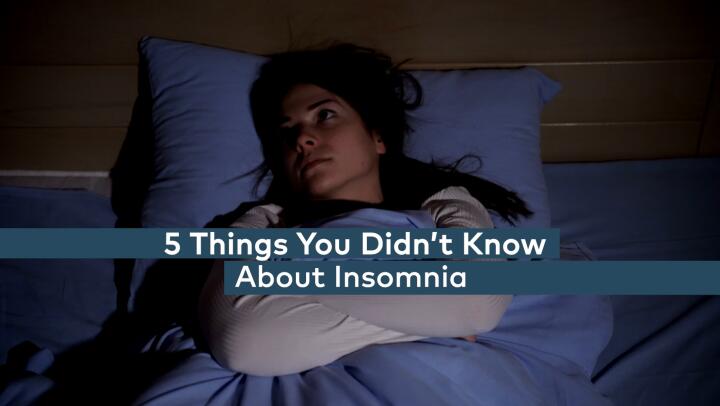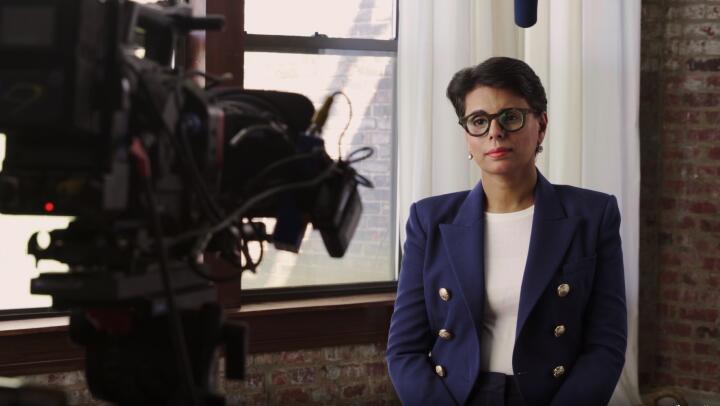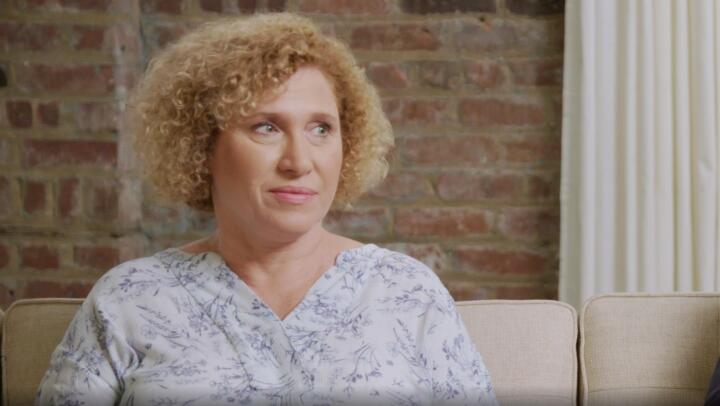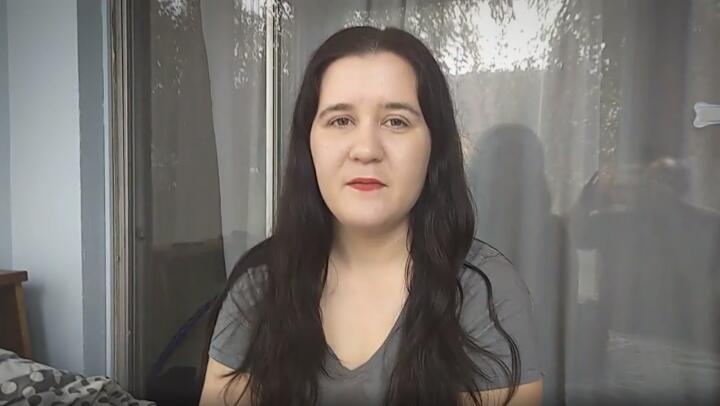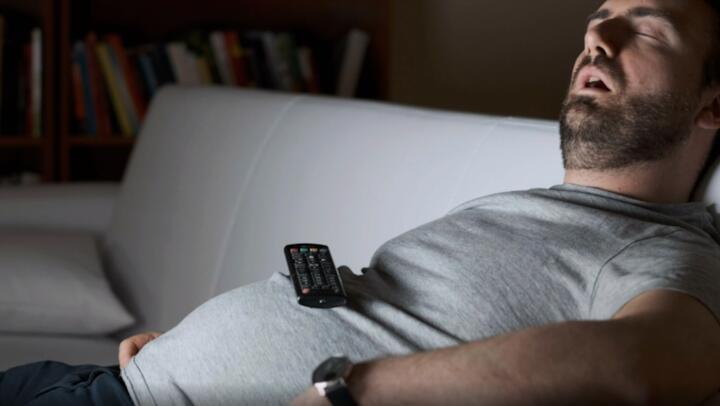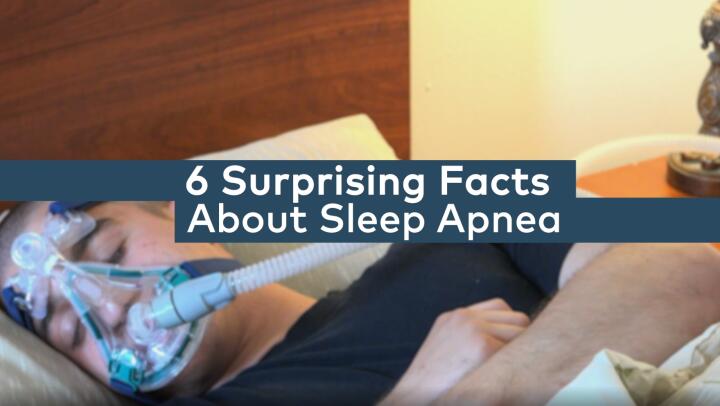
When you think of continuous positive airway pressure (CPAP) masks, “sexy” may not be the first word that comes to mind.
But extensive research has shown that, instead of intruding on intimate relationships, CPAP masks actually help enhance them by improving sleep apnea symptoms and addressing common sexual problems and relationship issues related to those symptoms.
Improving Your Sex Life
Approximately 22 million people in the United States have sleep apnea. Left untreated, it can not only lead to poor mood and lack of energy, it can also lead to low libido in women and erectile dysfunction (ED) in men. In one study, nearly 70% of men who had untreated sleep apnea also had erectile dysfunction compared to 34% of men with ED who didn’t have sleep apnea.
Another study found a link between ED and daytime sleepiness caused by untreated sleep apnea. After treatment with CPAP and a properly fitting mask, substantial improvements were seen in the areas of desire, arousal, intimacy, and orgasm.
By wearing a CPAP mask and using a CPAP machine, you’re showing respect for your health and taking a key step to bringing a better “you” to your relationship. With your condition under good control, you’re more well rested, in a better mood, and more available sexually. You’re also showing consideration for your partner by not disturbing his or her restful sleep.
Supporting Your Partner
The sleepiness and fatigue of obstructive sleep apnea can lead to a lower quality of life in general, with less happiness and pleasure. This is true for those experiencing the condition—and their partners. Snoring, for example, can wake partners up, lower their sleep quality, and cause resentment that blocks intimacy.
However, with a well-fitting CPAP mask and the right CPAP machine, you’ll be on your way to giving your partner what he or she needs. One study tested the quality of life of people with obstructive sleep apnea and their partners before and after CPAP treatment. After CPAP treatment, both parties reported substantial improvements in these areas:
- Physical
- Emotional
- Mental health
- Social functioning
- Vitality
Committing to Your CPAP and Your Relationship
CPAP is the leading therapy for sleep apnea, but consistency is key to its effectiveness. Only about half of those with CPAP masks wear them regularly. In order for you and your relationship to get the full benefit of your CPAP mask, wear it as your doctor recommends, typically six to eight hours a night, every night. And let your partner help you stay on track. Research has shown that people with the support of spouses or partners were more likely to maintain their CPAP routine than those who were single or in unsupportive relationships.
It’s natural to feel self-conscious about your CPAP mask and vulnerable when it comes to discussing it. Educate your partner that sleep apnea is a potentially dangerous sleep disorder because it stops your breathing at night. Express your intimacy concerns and come up with some ideas together about how to make things more comfortable, like getting frisky in advance of bedtime. Give your partner the chance to pleasantly surprise you by accepting what you need to do to help keep yourself—and your relationship—healthy.





